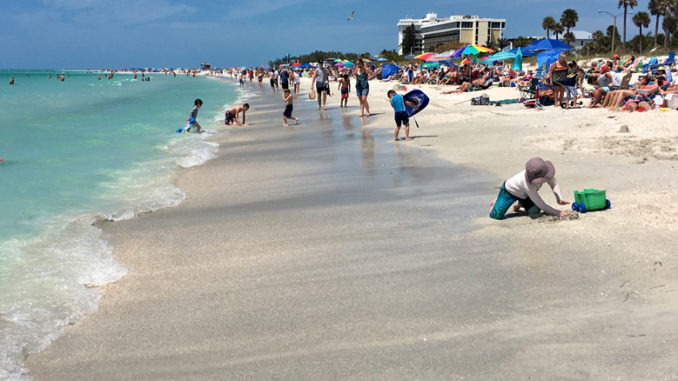
Earth Day is Sunday, April 22. Media and education agencies are readying themselves for a weekend of all things environmental, with some schools having started a week or many weeks early.
This is the time when we are instructed to recycle, to conserve, to abstain from eating meat, and to save the planet. That last is particularly puzzling; keeping our habitat clean and comfortable would make sense to me; even helping to maintain a diverse and vibrant biosphere. Saving the planet sounds like the plot of a science fiction or superhero film featuring a galactic invader capable of obliterating worlds. Nevertheless, that is what is taught at this time.
We hear of global warming, of the loss of water, of the growing landfills, of overpopulation. These have been the concerns for almost fifty years, and although there are many who firmly believe in all of these, the general population has not decided any of these are significant or immediate threats.
So, this year, the metaphorical big guns are out. No longer satisfied with minor concerns, a series of articles (all sourced to the same two studies) have been produced throughout the year that demonstrate that we are in danger of physically losing the Earth itself, as well as losing one of the most beloved substances on Earth.
I’m talking about sand and chocolate.
Sand mining for construction materials is a profitable business, and some countries have been performing it recklessly. The Smithsonian covered it last year. So did the New Yorker. And USA Today. And Gizmodo, the New York Post, even Al-Jazeera.
The stories are all remarkably similar – remarkable, that is, until it’s remembered that all of them are sourced from the same 2014 United Nations report. The stories describe the different types of sand, discuss which forms are viable in construction or in construction of materials such as microchips and glass, talk about the crime syndicates trafficking in illicit sand from Asian countries, regurgitate the amazing statistic that China used more concrete in four years than the US used in the 20th century, and then conclude that we must all live in fear.
In some of the more detailed stories, recycling is touched upon as being helpful, but inadequate.
What is not touched upon is the free market, and the idea that as a resource is exhausted, the price goes up; and as the price goes up, people (if allowed to do so) tend to find alternatives to the resource or alternative ways to develop that resource. This simple economic truism explains why many of the forecast shortages from the most lauded academics of the 1960s and 1970s have never materialized.
Still, as specious as the argument for panic over sand might be, it pales in comparison to the reports of chocolate dissipation. Those are endemic throughout the English-speaking world, from Australia’s News Network to Canada’s CBC to the US’s USA Today (which seems to love stories of impending environmental doom.)
All of them, however, are sourced from the same initial report that tells us that chocolate will go away… because of global warming. Eventually the beans just won’t be able to grow in the increased heat, somehow opposite most plant life which tends to thrive in areas of higher heat and humidity, and the growing areas will become smaller as the farms are pushed to higher ground.
Thankfully, the report in question is based on extrapolations and assumptions, which makes them even less valid than the sand reports.
Happy Earth Day. I suggest you enjoy a chocolate bar on your nearest beach.

1 Trackback / Pingback
Comments are closed.